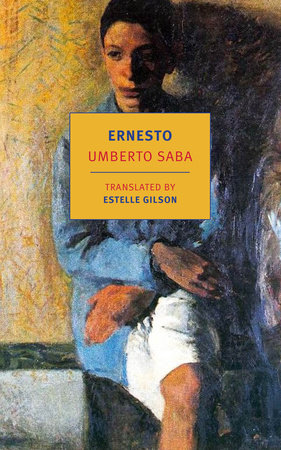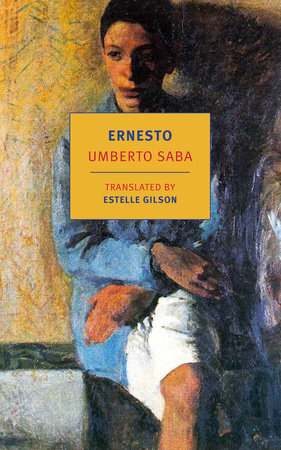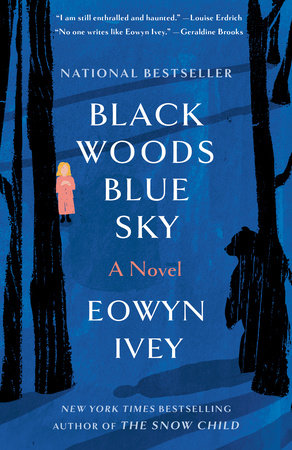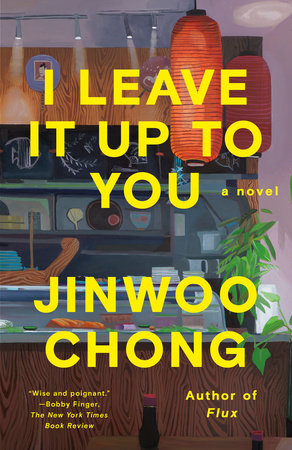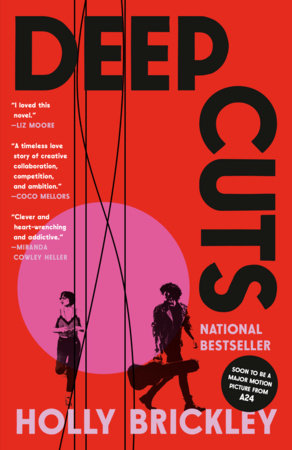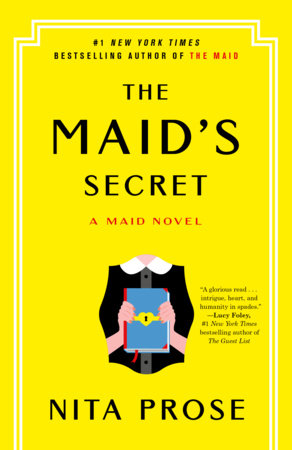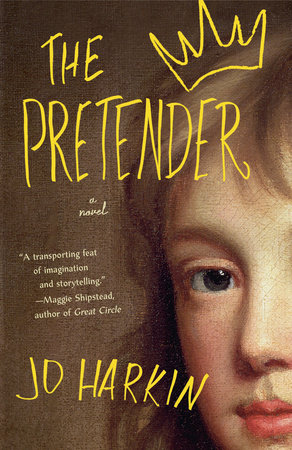“This little miracle of a book tackles the weightiest themes—the unthinking cruelty of youth, the shock of adulthood, the humanizing force of love—with the humor and lightness of touch that are the surest sign of mastery. For all its modesty and charm, the novel’s profound, unassuming beauty has a force and finally a grandeur that come from the source of all great art, what Saba calls ‘the red hot center of life.’” — Garth Greenwell, author of What Belongs to You
“A work of tenderness that doesn’t smudge its complex corners.” —Anakana Schofield
“Umberto Saba’s secret novel Ernesto re-creates a boy’s awakening to sexual love with both men and women. It’s a story so fresh, so alive to nuances of feeling and perception, it defies any formulaic understanding of love in Saba’s time or in our own. Estelle Gilson’s translation catches the intimate rhythms of these discoveries.” —Rosanna Warren
“Even in an incomplete state, Ernesto has the limpid style and emotional power of a major literary work.” —Benjamin Ivry, Forward
“One of the greatest modern Italian poets…. What sets Ernesto apart (and Saba’s prose) is the equanimity, the sparkling irony of the sensibility with which he greets this unexpected turn in his life…a lovely, bright, wise fragment that by comparison makes most other adolescent sex-memory fiction read like drying cement.” —Kirkus Reviews
“Spare, realistic prose that…manages to convey great emotion and deep thought simultaneously…should gain [Saba] some of the recognition already won by his friends and fellow Italian writers Carlo Levi and Eugenio Montale.” —Publishers Weekly
“From this skeletal account, one may derive the main elements of the story, and the key images and preoccupations, from which Saba would build his poems: the errant father, the lost paradise of Peppa’s house, the city of Trieste, the innocent and then tormented love for his wife, melancholy, solitude, and sexual desire, including some lightly sketched yearning for boys…. Saba inherited the mixture of Romantic plangency and Classical stoicism that gave his own work its peculiar timbre.” —Rosanna Warren, The New Republic
“He saunters through every street of Trieste, catching glimpses of the city’s manifold forms of life; his sky holds a little cloud that has haunted him from childhood…a certain crisp exactitude…. Saba’s straightforward language, use of traditional forms and realism also have had an impact on the work of many of the leading Italian poets today.” —Susan Stewart, The Nation
This raw, autobiographical novel provides an honest look at romantic struggles and first loves.
—Lucas Iberico Lozada, Paste
